Get students exploring emotive language examples with this set of task cards perfect for your persuasive writing unit.
Explore Emotive Language Examples with Task Cards
Emotive language is a valuable persuasive writing technique for students to use in their persuasive writing. It taps into the emotions of the reader, therefore creating a strong emotional connection between author and audience. By using emotive language frequently in their persuasive writing, students can make their writing more compelling and convincing.
This set of text features task cards has been designed by our expert teacher team to help your students identify examples of emotive language in the context of persuasive sentences. Here are some examples:
Our precious wild animals belong in the wild, not in restrictive, prison-like enclosures.
Screen time is denying children real relationships by dragging them away from social interactions with real people.
Humans must stop destroying our treasured oceans with careless acts of environmental destruction.
The task cards contain a variety of question types, such as:
- Find and list the emotive words used in the sentence.
- Identify the underlined word in the sentence that is not an example of emotive language.
- Rewrite the sentence using stronger emotive language.
- List the emotions you feel after reading the sentence.
The resource includes:
- Instruction page
- 24 task cards
- Student recording sheet
- Answer sheet
This set of emotive language task cards downloads as a full-colour printable PDF or editable Google Slides version.
Ways to Use These Emotive Language Task Cards
These emotive language task cards can be used in a variety of ways in your classroom. Here are a few ideas:
- Scoot Cards – Place the task cards around the room and assign each student a numbered card to start at. Students will read the question on the card, then write the answer on the recording sheet. Students move to the next card when signalled, continuing the process until they finish all cards.
- Literacy Stations – Create literacy stations in your classroom. At one of these stations, place the task cards and some recording sheets in a dry erase sleeve. Encourage students to work through the cards at their own place.
- Exit Tickets – Use these cards as a formative assessment or exit ticket after your lesson on emotive language. Pick a random assortment of cards and project them on the board for the whole class to see. Students can record their answers on a sheet of paper, sticky note or their notebook.
Download These Emotive Language Examples
Use the Download button above to access either the easy-print PDF or the editable Google Slides version of these emotive language task cards. (Note: You will be prompted to make a copy of the Google Slides template on your personal drive before accessing it.)
As this resource contains an answer page, we recommend printing one copy of the entire file, removing the answer page, then making further copies if required.
Print the cards on card to increase the durability of the resource. Place the cards together in a large envelope or ziplock bag for safekeeping.
Please consider printing the recording sheet double-sided.
This resource was created by Caitlyn Philips, a Teach Starter collaborator.
More Resources for Exploring Persuasive Writing Techniques
Looking for more resources to teach your students about persuasive writing techniques? Click below for a great sample of teacher-made, curriculum-aligned activities!
[resource:5053744] [resource:5055326] [resource:24323]
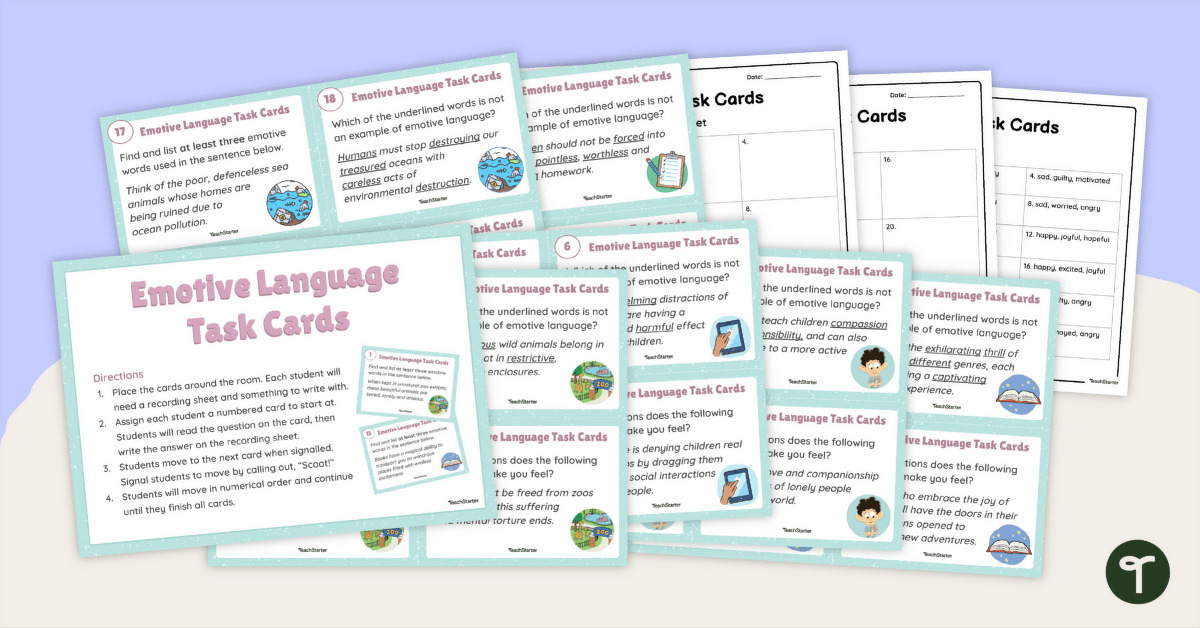

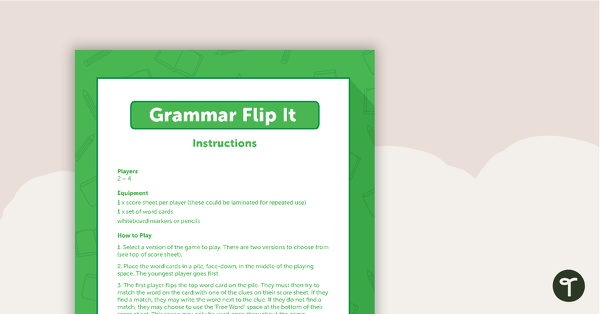
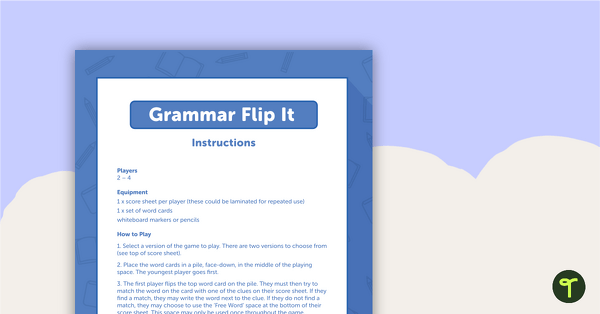
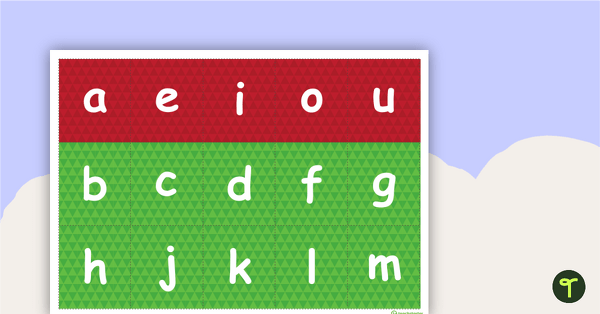
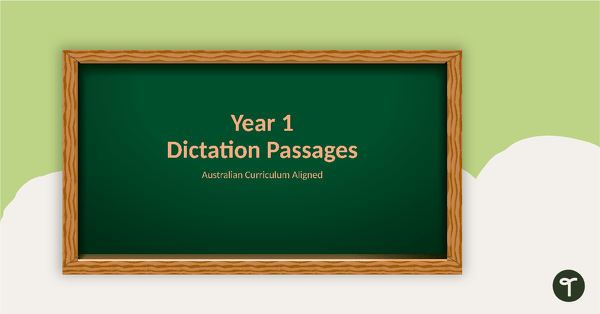
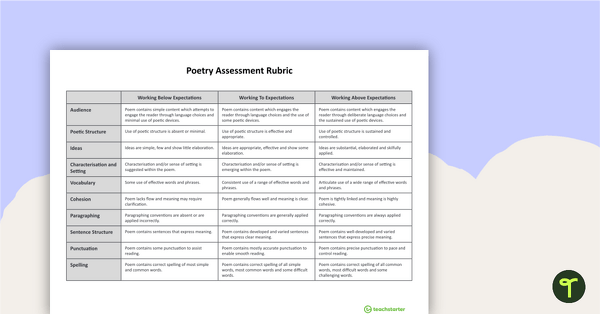
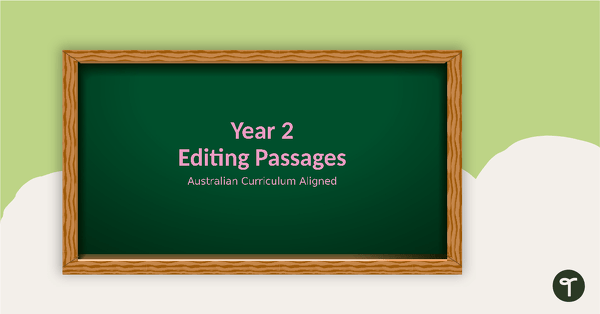
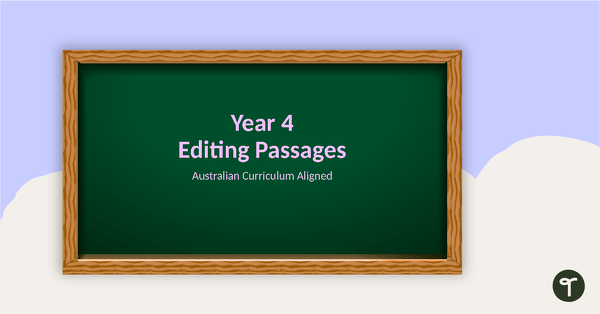
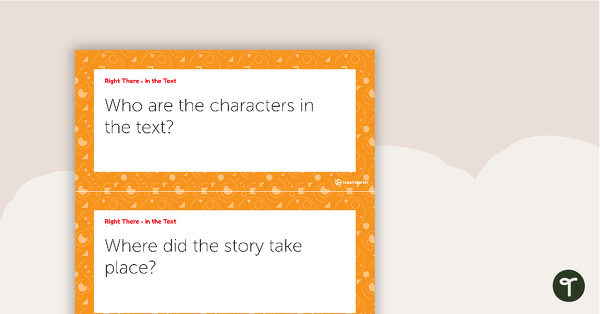
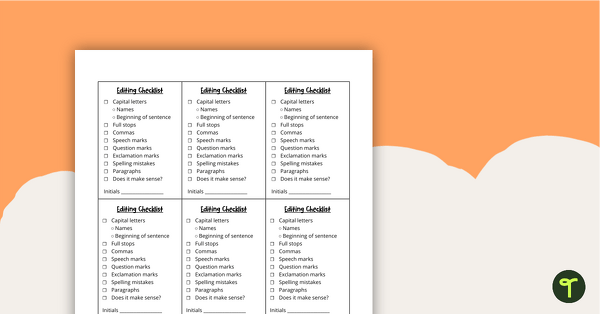
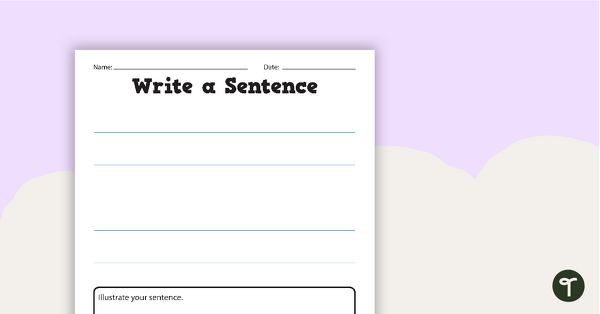
0 Comments
Write a review to help other teachers and parents like yourself. If you'd like to request a change to this resource, or report an error, select the corresponding tab above.